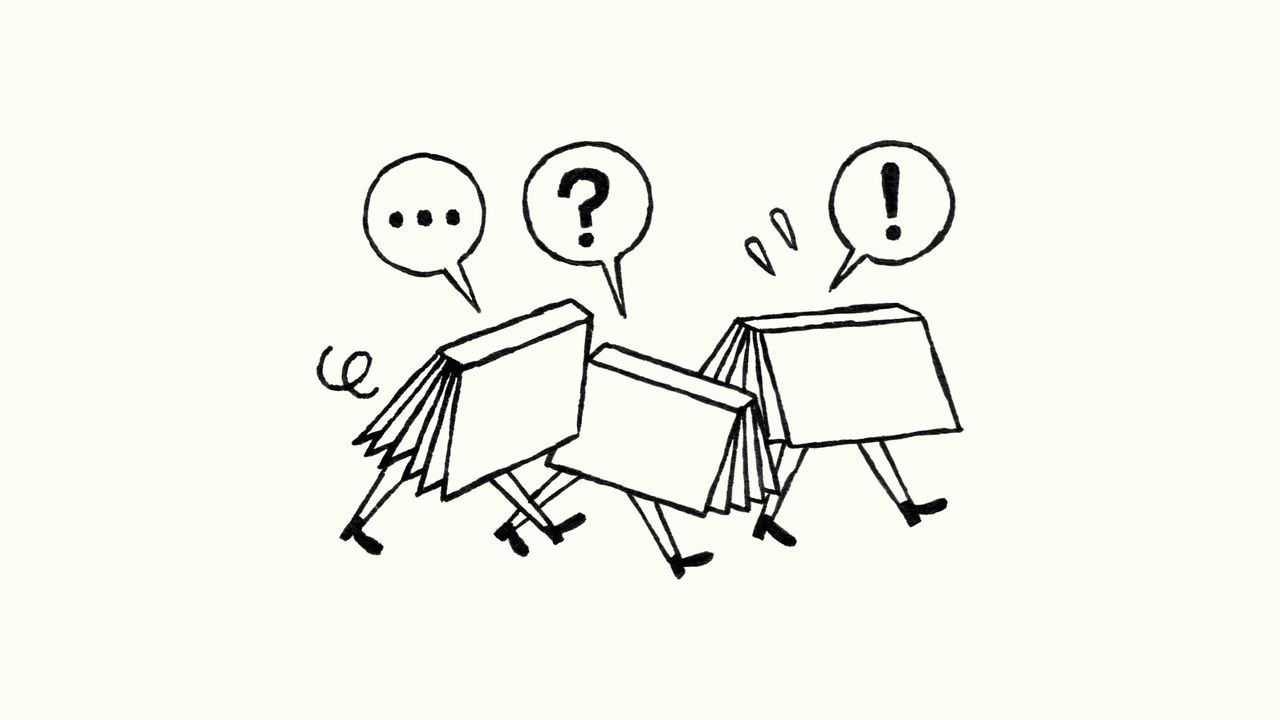The poet Ada Limón—whose latest collection, “Startlement,” went on sale this week—recently bought and moved back into her childhood home, where she lived from the time she was an infant until she was fifteen. The experience, she said recently, has been like “living inside my memories.” While writing about this period of her life, she has found herself drawn to books that examine the ways in which people relate to their own pasts—and how these acts of self-narration might conflict with the accounts offered by other people, and by history. Limón, who was the U.S. Poet Laureate until April, joined us not long ago to talk about a few such books. Her remarks have been edited and condensed.
The Vulnerables
by Sigrid Nunez
This novel by Sigrid Nunez—who is one of my favorite writers—takes place in the middle of the pandemic. It’s about a woman who moves into a friend’s apartment to look after her parrot, and then discovers that a young man, a college-age student, is also going to be in the apartment. The story is about how they get along, and don’t get along, and the unexpected relationship that develops between them during a time when everyone is fearful of one another.
This book really highlights how much of our past lives are living through us in our present day. The novel is told from the perspective of the woman, who—as with the protagonists of many of Nunez’s books—is also a writer. Throughout the book, she keeps using the phrase “I remember,” which she borrows from the artist and poet Joe Brainard, as an engine for her thoughts and as a way to move through time. The book seems to be very stuck in its moment—that is, the pandemic—but it’s also propelled forward, by memory.
Dear Memory
by Victoria Chang
I’ve been friends with and a fan of Victoria Chang for a long time. She’s a poet, but this book is a collection of letters, many of which include a shared memory. She pulls in these other characters as a way of interrogating her own recollections. The idea is a little like asking another being, Do you remember this?
Many of the letters are to people—her mother, her sister, her teacher—but some have a more ethereal setup. There’s a letter that’s titled “Dear Body,” for example. The collection is both an emotional journey as well as an intellectual examination of what makes us who we are, of family memory and our genealogy. There are letters that deal with what it is to be Chinese, and the journey to be “American.”
In terms of format, it’s a really unique book, filled with photographs and collages. It feels in many ways like a combination of biography, poetry, and memorabilia.
Praisesong for the Kitchen Ghosts
by Crystal Wilkinson
This wonderful book is at once a history of Black Appalachia, a memoir, and a cookbook. It interweaves the stories of many Black women with meditations on their relationship to food, and their relationship to the land through food. Like “Dear Memory,” this book really explores what it means to have ancestors, and digs into the particular associations that its characters have with their family histories.
The book is a gorgeous rendering of Black survival. One of the themes Wilkinson returns to is the idea of Black people having had to move, in the search for places where they would feel welcome. She thinks about this in the context of the history of the slave trade, and in terms of the history of her own family.
I think this book is worth spending time with, even if you’re not a cook—but, if you are, I’ve made some of the recipes, and everything has been delicious. There are some easy, old-fashioned popcorn balls with sorghum molasses, for example, that are really sweet.
The Book of Delights
by Ross Gay
Like Ross’s book “The Book of (More) Delights,” this one can sound like poetry when it’s read out loud, but it’s prose. “The Book of Delights” is a collection of snippets of life, which were written when Ross was trying to practice gratitude by documenting a delight every single day. What you see as you read is how his mind shifts to find the light in strangeness, in things that might be difficult, in memory. He records the day differently based on what he’s looking for.
I wanted to include this book because when I think about memory, or talk to other people about their memories, so much of what comes up is trauma. Our brains are wired to hold on to those things. This book illustrates what happens when you do that deep rewiring to find joy, to find curiosity. As it unfolds, you recognize that this whole exercise is about readjusting your consciousness to recall something beautiful.
Our Migrant Souls
by Héctor Tobar
This is an incredible book, which reads in part like an autobiography but is also a historical look at race, immigration, and the mythology of what it means to be “Latino.” I love it for many reasons. One of them is that Héctor is articulating something very difficult to articulate, which is the category of Latino. What is Latino? It’s really nothing. We have ancestors from Mexico, or we have ancestors from Cuba, or we have ancestors from Guatemala. To be Latino is to be a false collective. It’s a useful term—when we petition for rights, when we think of political power—but, in many ways, it also removes our individuality by obscuring our individual relationships to particular places.
I think this book is fascinating because it’s about not just collective memory but also the way in which, if you look closely at the history of the United States, it becomes clear that we actually live with a false memory of the country’s history with immigration and immigrants.

